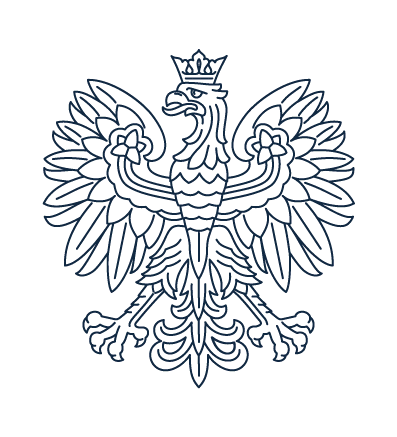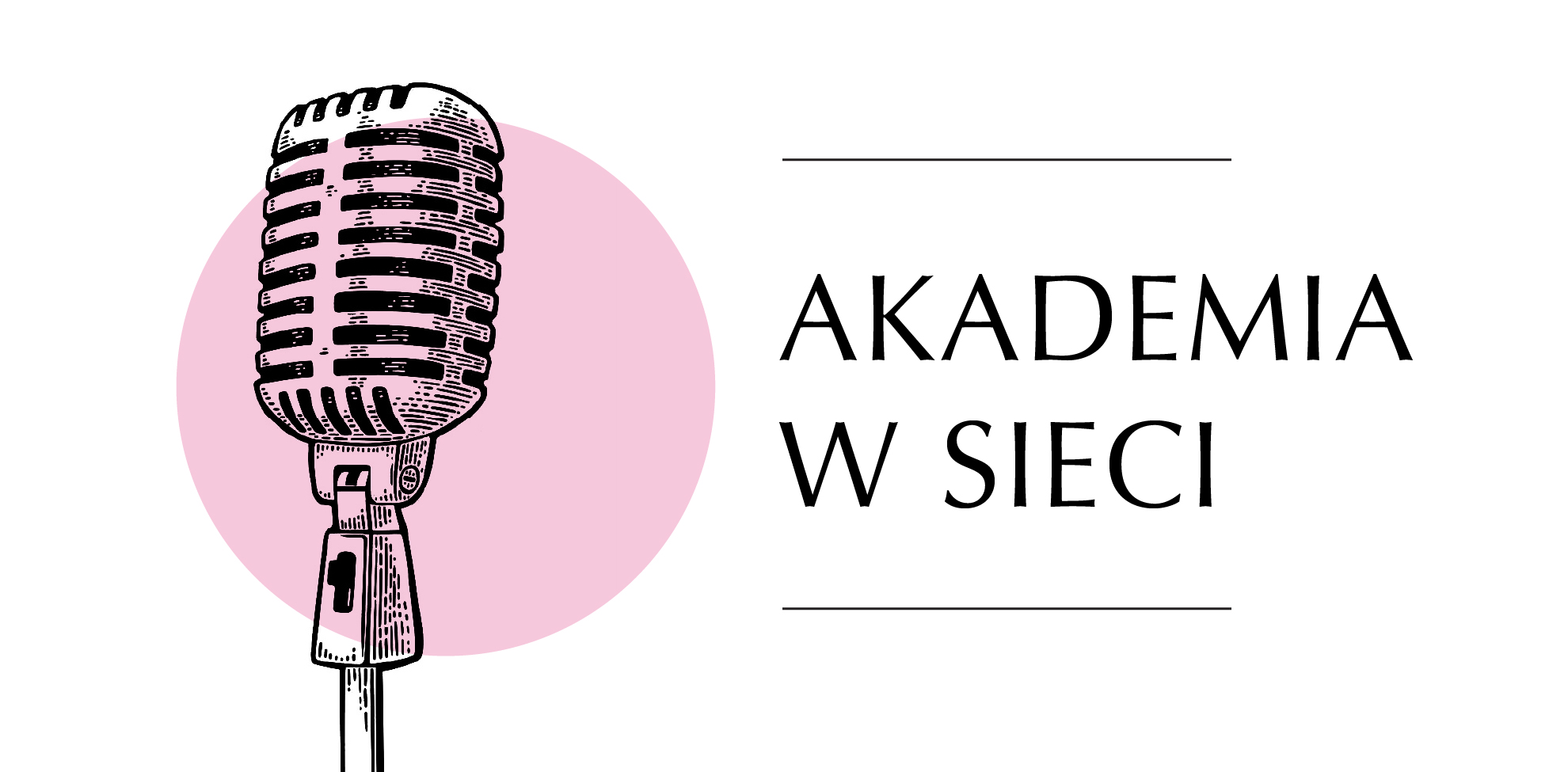Department of Organ
Department of Organ was formed in 1957 and until 1973 was the only department whose activities encompassed all universities and academies in Poland that taught virtuoso organ playing (Warsaw, Poznań, Wrocław, Łódź, Gdańsk). Krakow was not chosen as the seat of the Interuniversity Organ Department by chance, as it was here that after 1945 two eminent Polish organists, Bronisław Rutkowski and Józef Chwedczuk, continued their teaching activities which had begun in Warsaw and had been interrupted by the war and the occupation.
The first head of the Department, Professor Bronisław Rutkowski (1955-64 rector of the Academy of Music in Kraków), proposed the main fields of operation, such as overseeing the level of organ teaching in Poland, publishing matters, as well as the protection of historical organs and the construction of new instruments.
As regards editorial matters, an agreement was made at that time with Polskie Wydawnictwo Muzyczne (the Polish Music Publishing House), and a catalogue of organ works including Polish music was prepared. Cooperation with the phonographic company Polskie Nagrania (Polish Recordings) was established in order to promote well-known Polish organs on records. Owing to the Department’s efforts, in 1959 the first organ music festival in Poland was held in Gdańsk-Oliwa.
The Department had to face problems relating to the condition of organs in Poland – instruments at universities, music schools, in concert halls and historic religious buildings. Fortunately, it was possible to save historic organs from alteration and begin efforts to protect and restore them in such places as, for instance, Jędrzejów, Olkusz, Kazimierz Dolny nad Wisłą or St. Anne’s Collegiate Church in Krakow.
The outstanding reputation and teaching talents of Krakow’s pedagogues were confirmed by the artistic successes of their students; one of the most spectacular accomplishments was Joachim Grubich’s first prize at the International Music Competition in Geneva (1962).
Following the death of Professor Rutkowski, his initiatives were carried on by the Department Head, Professor Józef Chwedczuk (rector of the Academy in 1969-72). As regards educational matters, his aim was to structure and activate the teaching activities in the secondary music education; he also launched a programme of national auditions for secondary school organ students, which are held to this day. In 1966, thanks to a joint initiative between the Department and the Krakow Philharmonic, the First International Organ Music Days Festival was held, which in subsequent years became an important annual event in the musical life of Krakow.
In 1968, on the initiative of a group of students, the Academy Organ Music Research Group was formed, focusing on pursuing students’ interest in historical organs and early music. Professor J. Chwedczuk and Associate Professor J. Jargoń acted as consultants for the organ-building works that were then carried out with respect to the instruments in Oliwa, Kamień Pomorski and Frombork. Special attention was given to the impressive organ in Leżajsk. As a result of those efforts, in 1972 the Krakow Organ Conservation Laboratory was set up as part of the State Enterprise for the Conservation of Historical Monuments. Students and graduates from Krakow continued to be recognised nationally and internationally; in 1972, Józef Serafin won First Prize at the International Organ Competition in Nuremberg.
In the same year, Professor Chweczuk retired and Assistant Professor Jan Jargoń took over as head of the Department. He held that office for 23 years (in the years 1972-75, he also served as a Vice-Rector of the Academy). The main courses of action set out by J. Jargon were aimed at developing the pool of instruments for educational purposes; for instance, a mechanical instrument by A. Schuke from Potsdam was built, which was the first such instrument designed for educational purposes in Krakow at that time (at the State Higher School of Music, 1976). In addition, mechanical instruments were constructed in secondary schools in Rzeszów, Krakow, Przemyśl, and also a large three-manual mechanical organ by A. Schuke was installed in the concert hall of the Krakow Philharmonic. Further efforts have also been made to protect historical organs (Jędrzejów, Kazimierz Dolny nad Wisłą, Orawka, Olkusz and in the following churches in Krakow: St. Nicolas Church, Paulite Church na Skałce, St. Mary’s Basilica, and Carmelite Church “na Piasku”). Professor Jargoń was the author of many sound designs for new instruments, for instance, in the Salesian church in Krakow-Dębniki, “Arka Pana” (Ark of the Lord) in Nowa Huta-Bieńczyce, and also in Krakow-Mistrzejowice and in the Krakow Philharmonic Hall (J. Klais organ, 1996). It was also a time of significant development of the teaching staff and an increase in the number of organ classes; in addition, the support for student initiatives relating to the operation of research groups/clubs was actively continued, master classes were organised and cooperation with distinguished professors from Western universities was established.
After Professor Jargoń died, Professor Józef Serafin took over as head of the Department in 1996. In his actions, he followed the path marked out by his predecessors. The efforts to purchase a new, large concert instrument were crowned with success in 2002 – the organ-building company of K. Schuke from Berlin installed a 29-voice three-manual organ with mechanical action and electronic control of registers in hall 404 of the new building at 43 St. Thomas Street.
In 2008, the Department of Organ celebrated its 50th anniversary with a scientific session and special concerts. For a number of years, Monday professorial concerts performed by lecturers from the Department as well as student concerts have been regularly held in organ hall 404. In 2007, an unprecedented event took place – a performance of all Dietrich Buxtehude’s organ works by the pedagogues and students of the Department (on the 300th anniversary of the composer’s death); in 2008, the National Organ Competition of D. Buxtehude’s works was held and in the following year another festival was organised, this time devoted to the works of Felix Mendelssohn-Bartholdy and Petr Eben. Since then, the Professor Bronisław Rutkowski National Organ Competition has been held every two years in December in odd-numbered years. The year 2019 saw the seventh edition of that event.
The Department regularly takes an active part in the organisation of the J. Jargoń All Souls’ Organ Festival, the International Summer Organ Concerts Festival, and the summer Organ Festival in Sejny, which is a valuable form of perfecting students’ skills.
In recent years, the activity of the Department has been even more intensified – an exceptionally high number of international scientific sessions, guest lectures and master classes conducted by world-famous professors who are virtuoso organists take place, and every year students win prizes at important national and international competitions.
Instruments that are available to the Department:
Hall 404
– 29-voice organ, Karl Schuke – Berlin, Germany (2002); 3 manuals, ped., mechanical action for play, electromagnetic action for registers, Setzer system
Hall 319
– 13-voice organ, Alexander Schuke – Potsdam, Germany (1976); 2 manuals, ped., mechanical action for play and registers
– portable 2-voice choir organ manual, Molin (2011); bass/soprano manual, transposition
Hall 225
– 9-voice organ, Dirk Andries Flentrop – Zaandam, the Netherlands (1975); 2 manuals, ped., mechanical action for play and registers
– portable 3-voice choir organ manual, Siedlar (1995); manual, transposition
Hall 224
– 4-voice stationary choir organ manual, Hammer (1976); bass/soprano manual, suspended ped.
Hall 320
– 19-voice organ, Kamiński (1973) / Siedlar (1998); 2 manuals, ped., electro-pneumatic action for play







